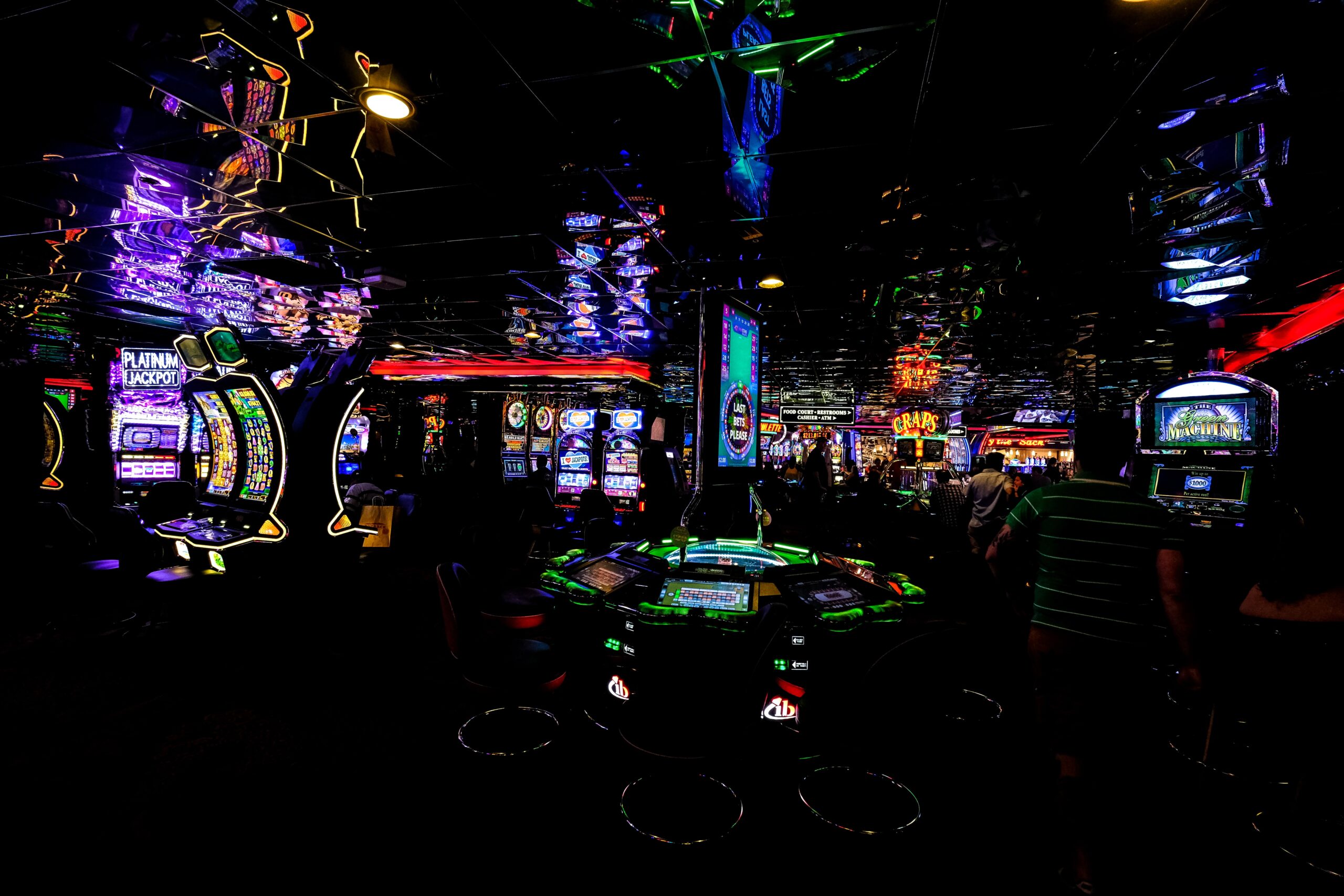Photo by André François McKenzie on Unsplash
The evolution of casinos into their decentralized counterparts represents a revolutionary leap in the gambling industry. The influence of blockchain technology on gambling has crafted a paradigm shift, balancing both benefits and challenges. If you’ve ever found yourself wondering how blockchain is changing the way you roll the dice or spin the wheel, then you’re about to uncover the intricate layers behind decentralized casinos. As we traverse through the multiple facets of this innovation, we’ll unearth the gems and the snags that come with it.
Setting the Dice: The Landscape of Decentralized Casinos
The fabric of gambling is interwoven with risk, strategy, and a bit of luck. With the advent of decentralized casinos, like Sky Crown casino online, the texture of this fabric has undoubtedly changed. Digital advancements have always had a penchant for disrupting industries, and the gambling realm has not been an exception.
Trustworthiness Enhanced
Decentralized casinos offer a level of transparency that traditional casinos could only dream of. Each wager, win, or loss is recorded on a blockchain, making transactions tamper-proof and visible for verification. This not only promotes fairness but also assures players that they’re not being taken for a ride.
Independence from Central Control
With no central authority overseeing operations, these casinos promise genuine autonomy. Players have greater control over their funds, ensuring timely withdrawals without undue bureaucratic hindrances. However, this freedom comes with its set of challenges, such as the need for self-regulation.
A New Age of Rewards and Bonuses
Tokens, often the currency of decentralized platforms, can offer myriad benefits. These range from exclusive access to games, better rewards, and even an opportunity to invest in the casino’s success. But it’s essential to tread with caution, as the volatile nature of crypto can lead to abrupt value shifts.
Key Features of Decentralized Casinos
- Peer-to-peer betting opportunities.
- Enhanced transparency through public ledgers.
- Empowerment of players with control over funds.
- Novelty of token-based rewards.
- Potential for smart contract-based games.
- Inherent risk due to cryptocurrency volatility.
The Challenges Casting Shadows
Despite the allure, decentralized casinos aren’t without their challenges. Four crucial aspects must be considered:
- Regulatory Hurdles: Even though these platforms operate independently, the regulatory framework surrounding them remains a gray area. Countries are still grappling with how to categorize and regulate them, leading to uncertainties for both operators and players.
- Technological Dependencies: While blockchain provides unparalleled transparency, it’s not infallible. Network congestions, potential vulnerabilities in smart contracts, and the relative newness of the technology might raise concerns.
- Adoption Barriers: The concept, being nascent, demands a steep learning curve. Players accustomed to traditional casinos might find the transition daunting, given the need to understand cryptocurrency operations, wallets, and private key management.
- Fluctuation Worries: Cryptocurrencies, the backbone of decentralized casinos, are notoriously volatile. While some see this as an added layer of thrill, others find it unsettling, especially when their winnings can drastically change in value within hours.
Why Gamblers Are Taking the Leap
Despite the challenges, the appeal of decentralized casinos remains undeniable. The primary driving force? Unparalleled transparency. Unlike their traditional counterparts, where a player had to trust the establishment implicitly, the blockchain-driven casinos let players verify the fairness of every outcome.
Furthermore, the absence of intermediaries means swifter transactions. Players no longer need to wait for lengthy withdrawal processes, and in most cases, the fees are substantially lower.
Forecasting the Future
As blockchain technology matures and more players enter the decentralized casino space, it’s safe to predict a surge in innovation. Microgaming progressive jackpots developers are exploring ways to craft games uniquely suited to blockchain’s characteristics. Additionally, as more jurisdictions clarify their stance on decentralized gambling, we may witness a harmonious blend of regulation and decentralization.
Based on our observations, the integration of augmented and virtual reality in decentralized casinos is on the horizon, promising an immersive experience unlike any other.
Conclusion
Decentralized casinos, bolstered by blockchain technology, represent a promising frontier in the world of gambling. While they come with their set of challenges, the potential benefits—transparency, speed, and a renewed sense of fairness—make them an enticing prospect for the future of gambling. As with any disruptive technology, a blend of caution and enthusiasm will pave the way forward.



